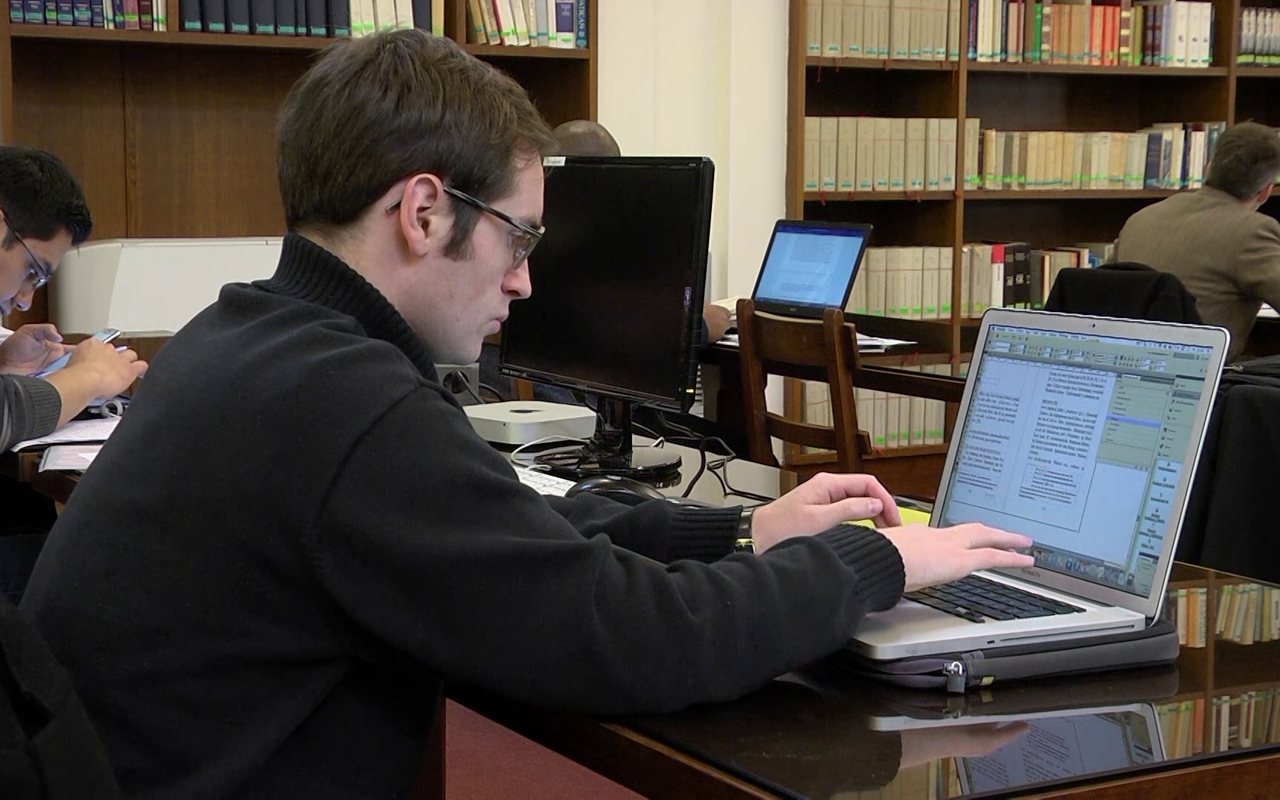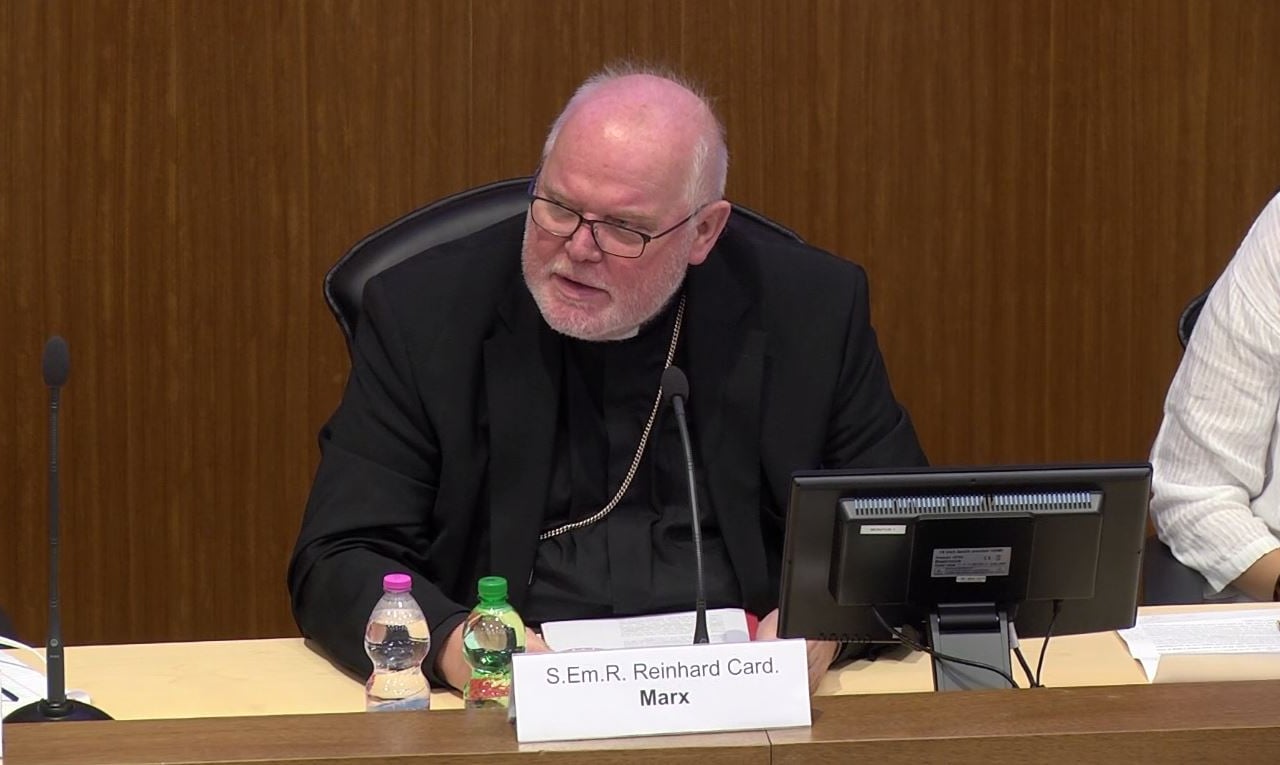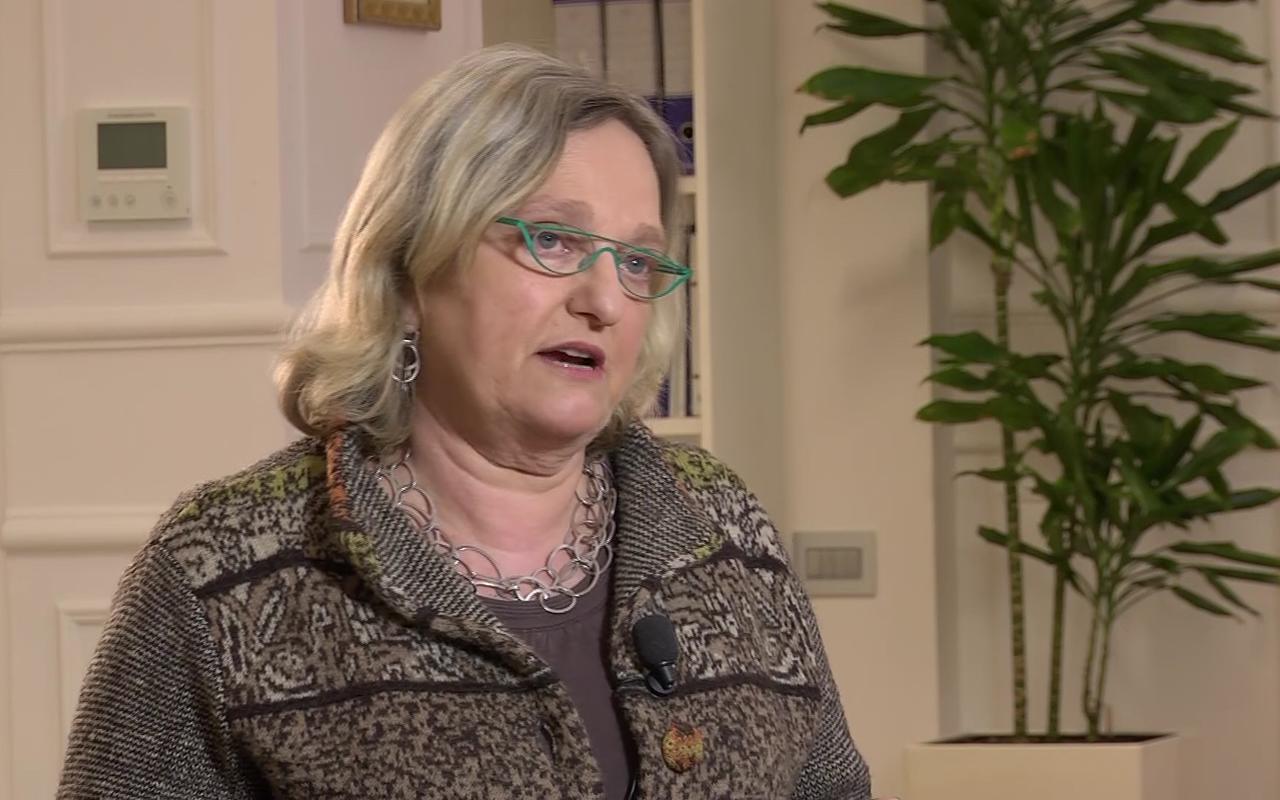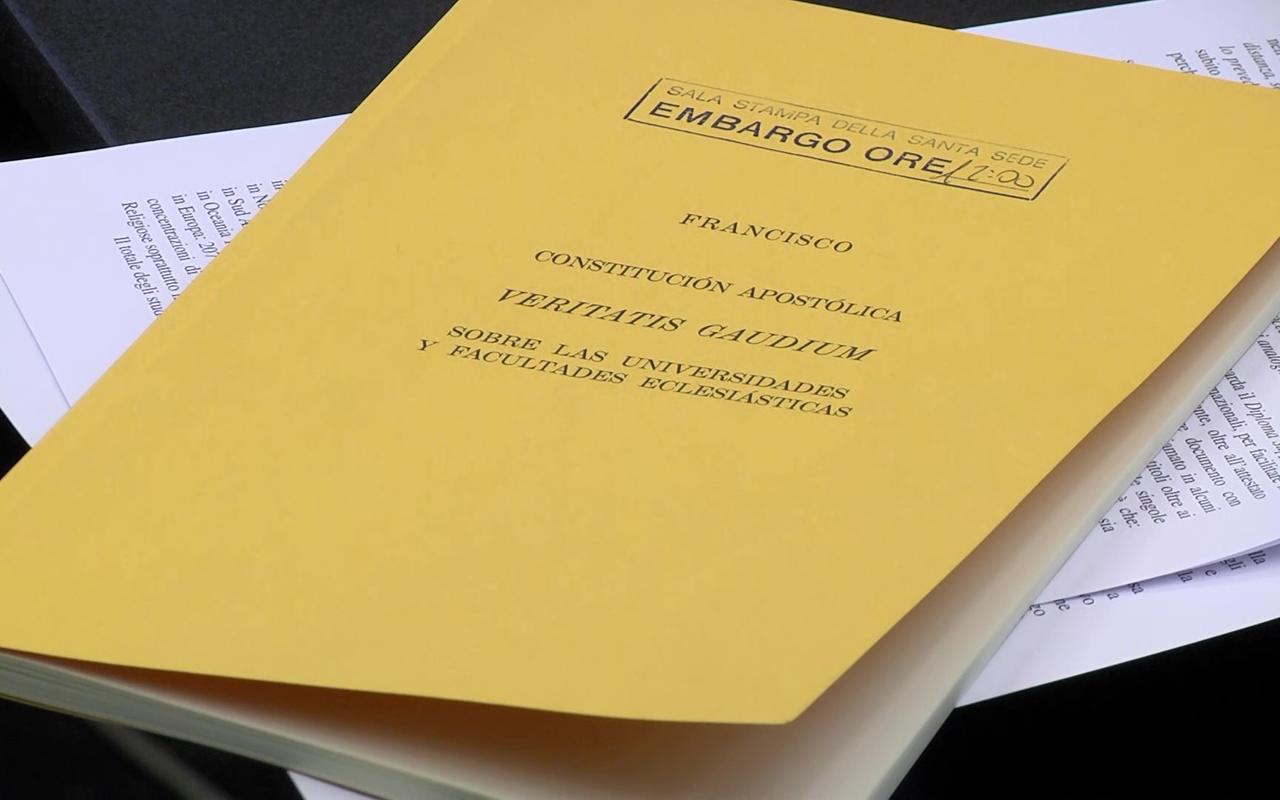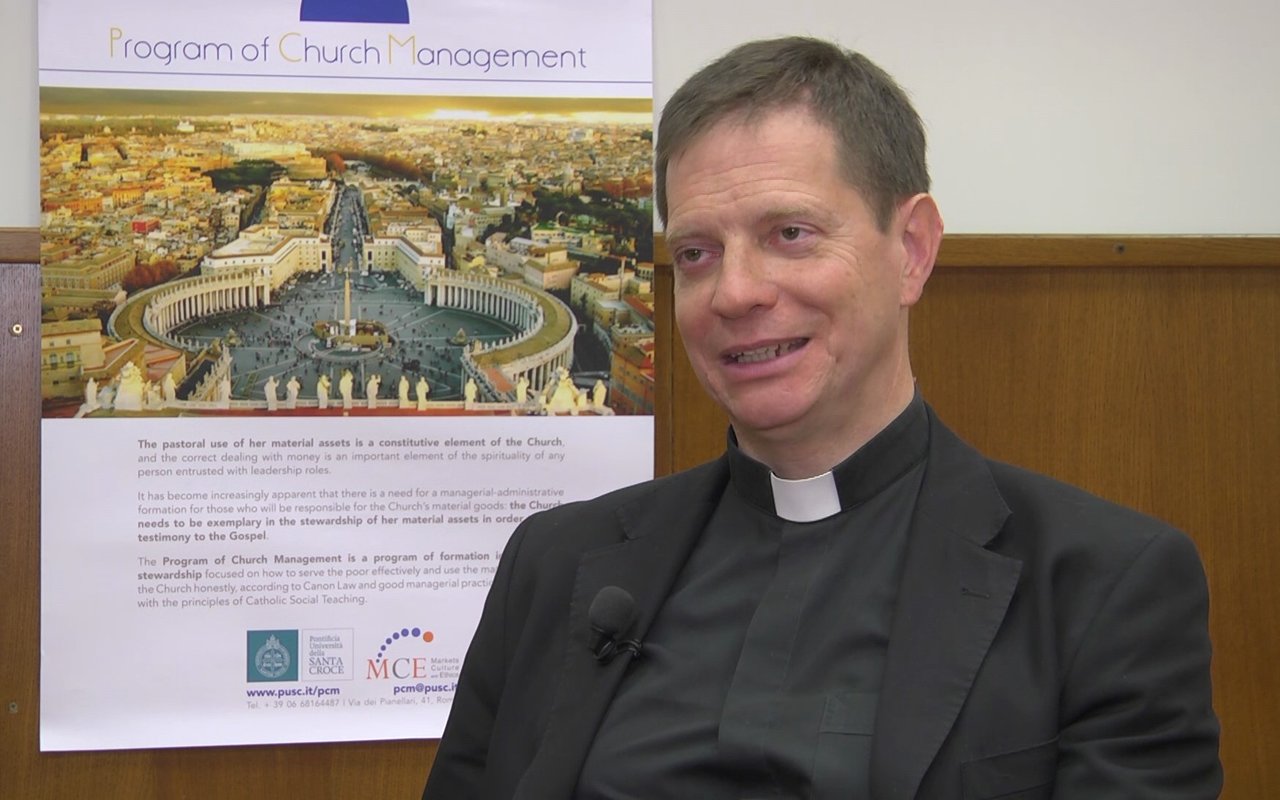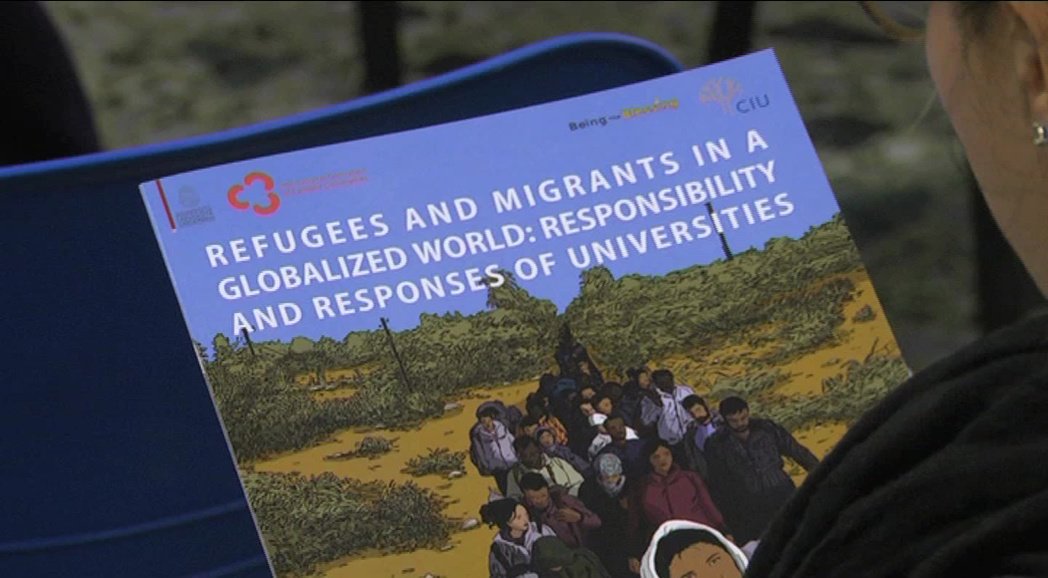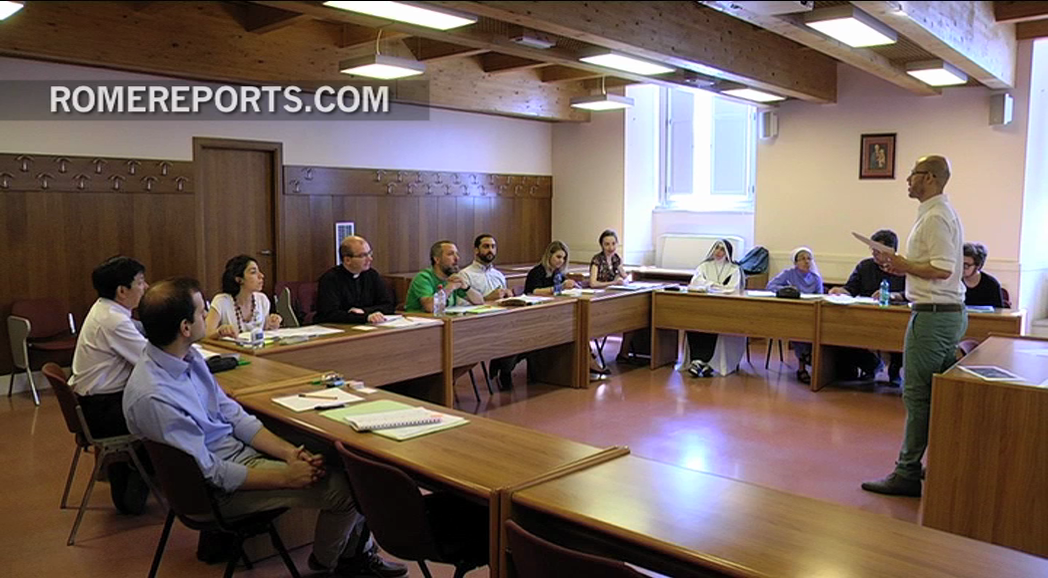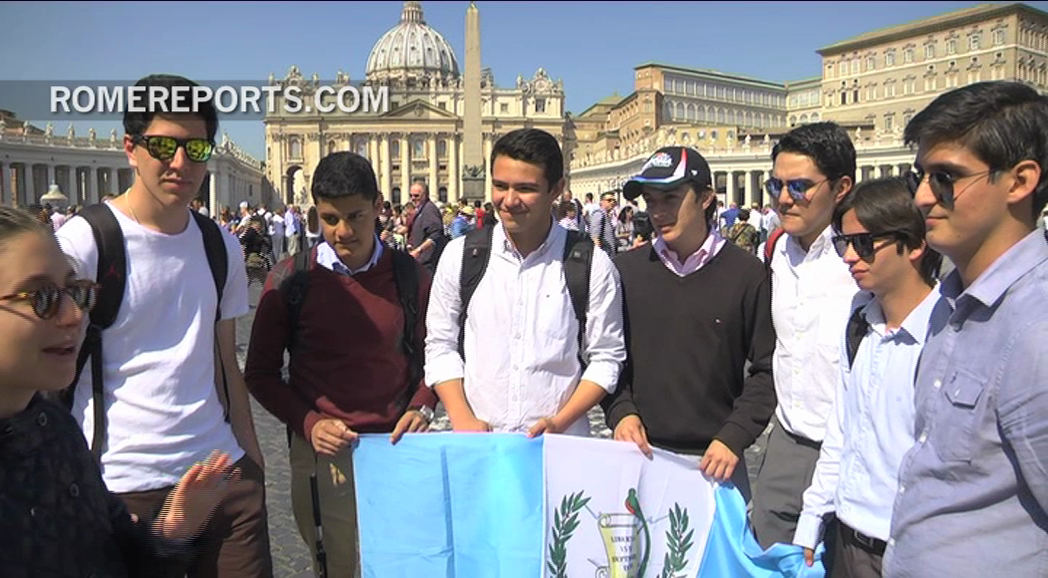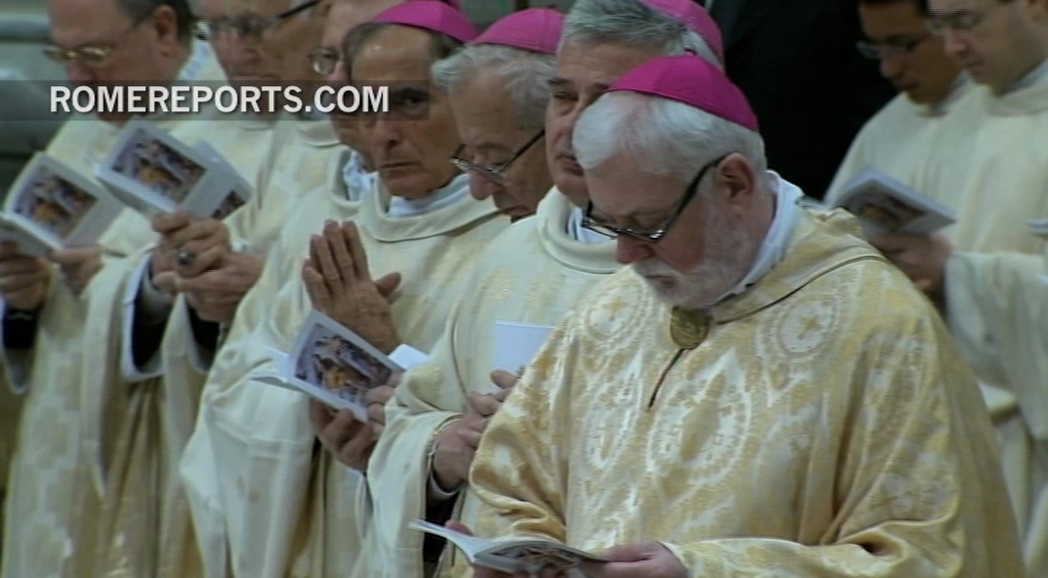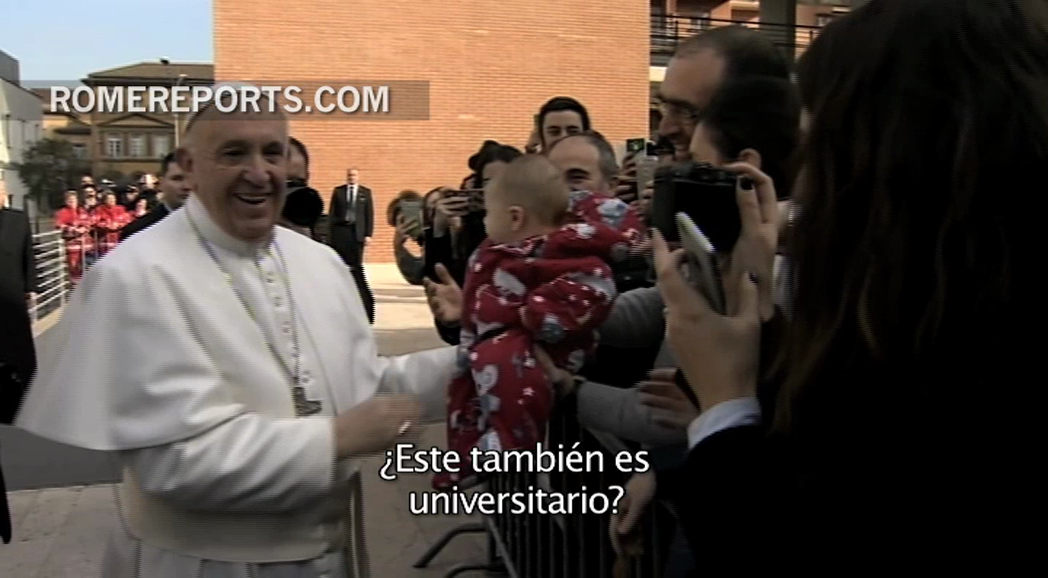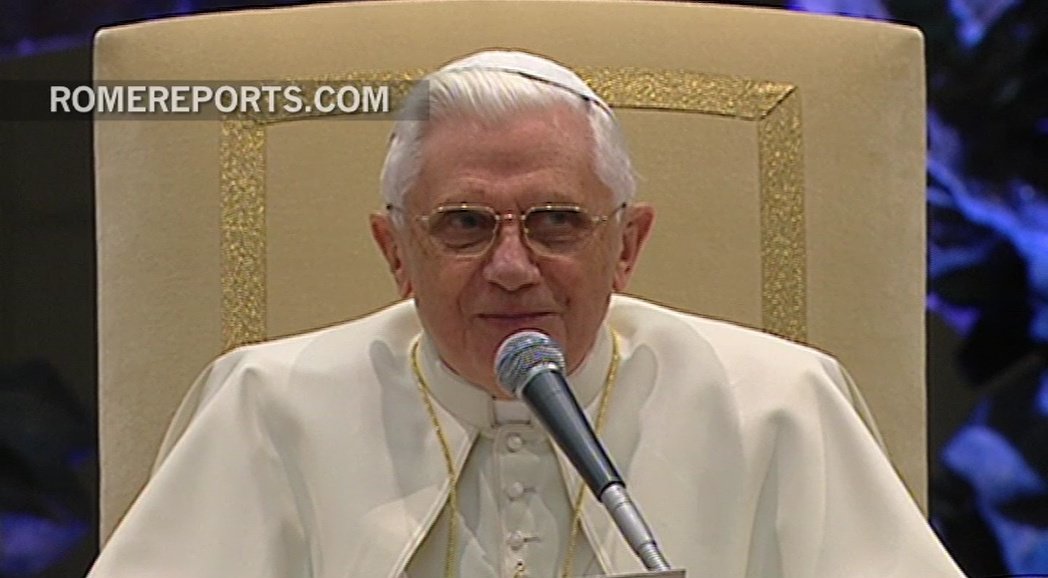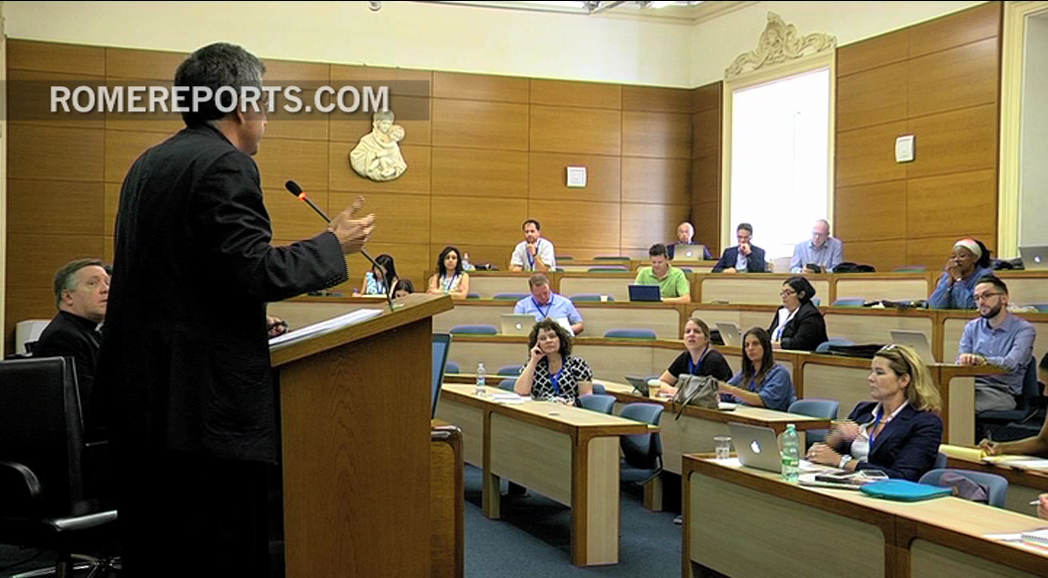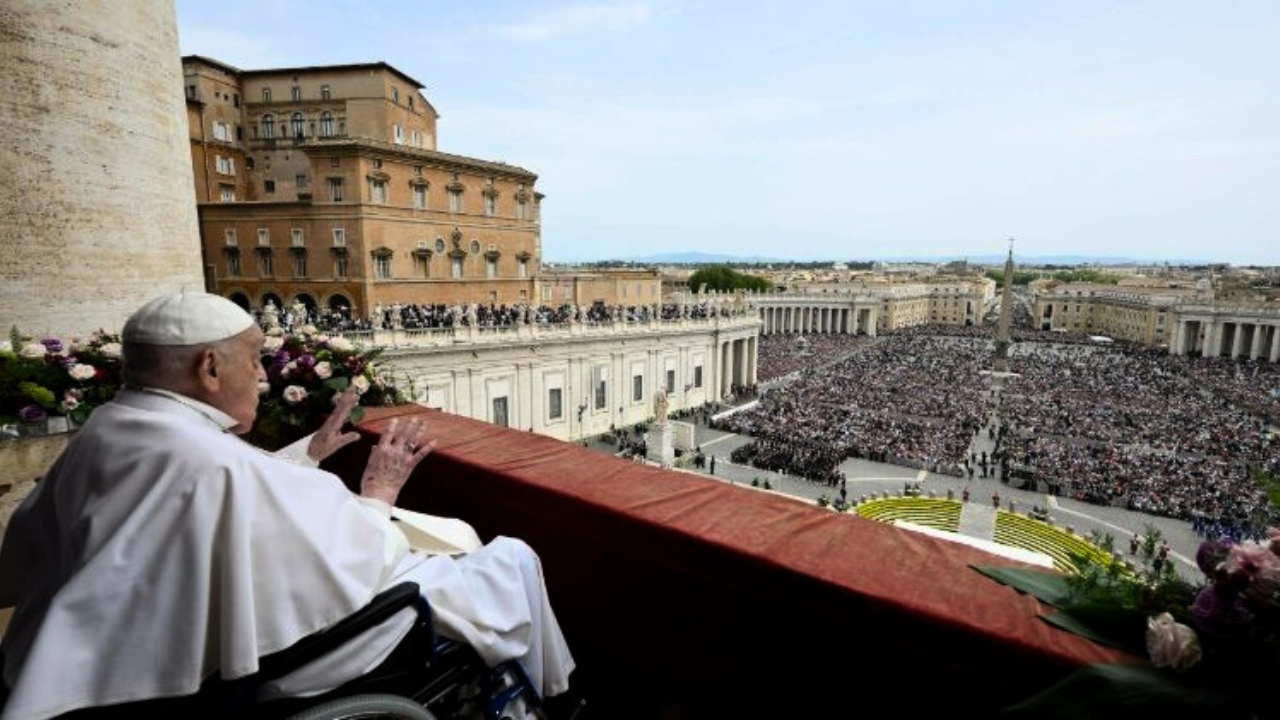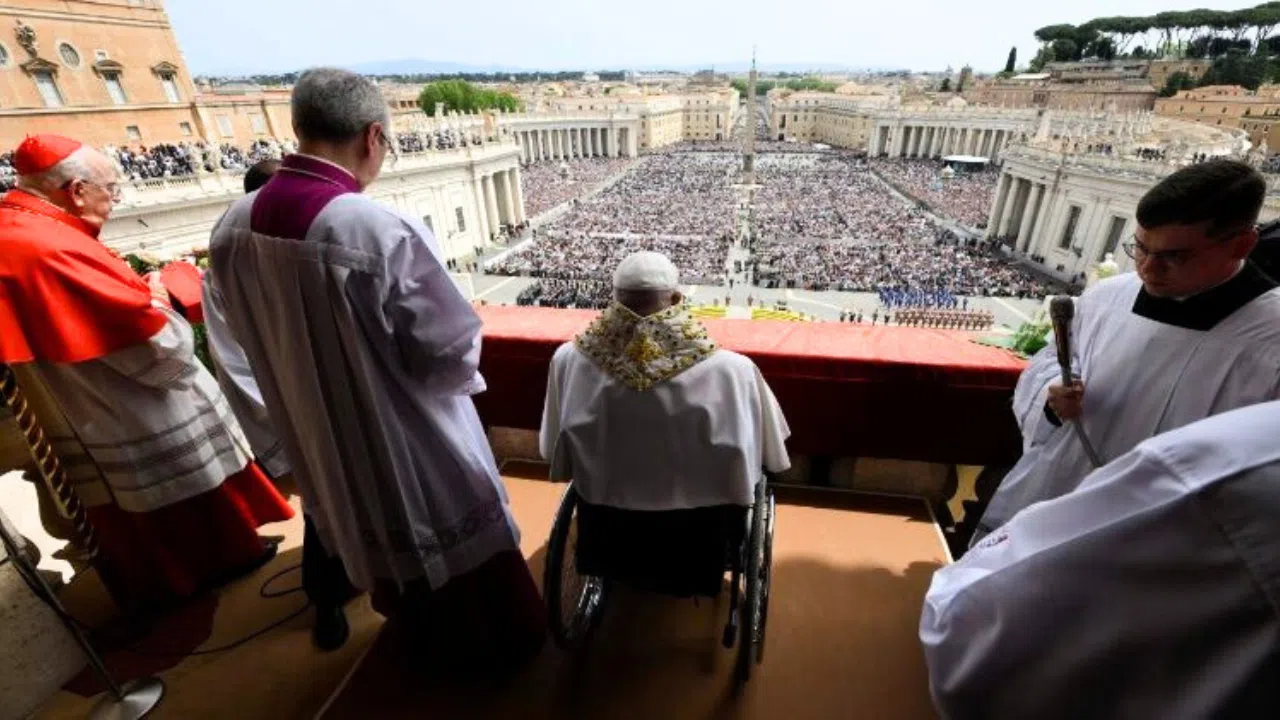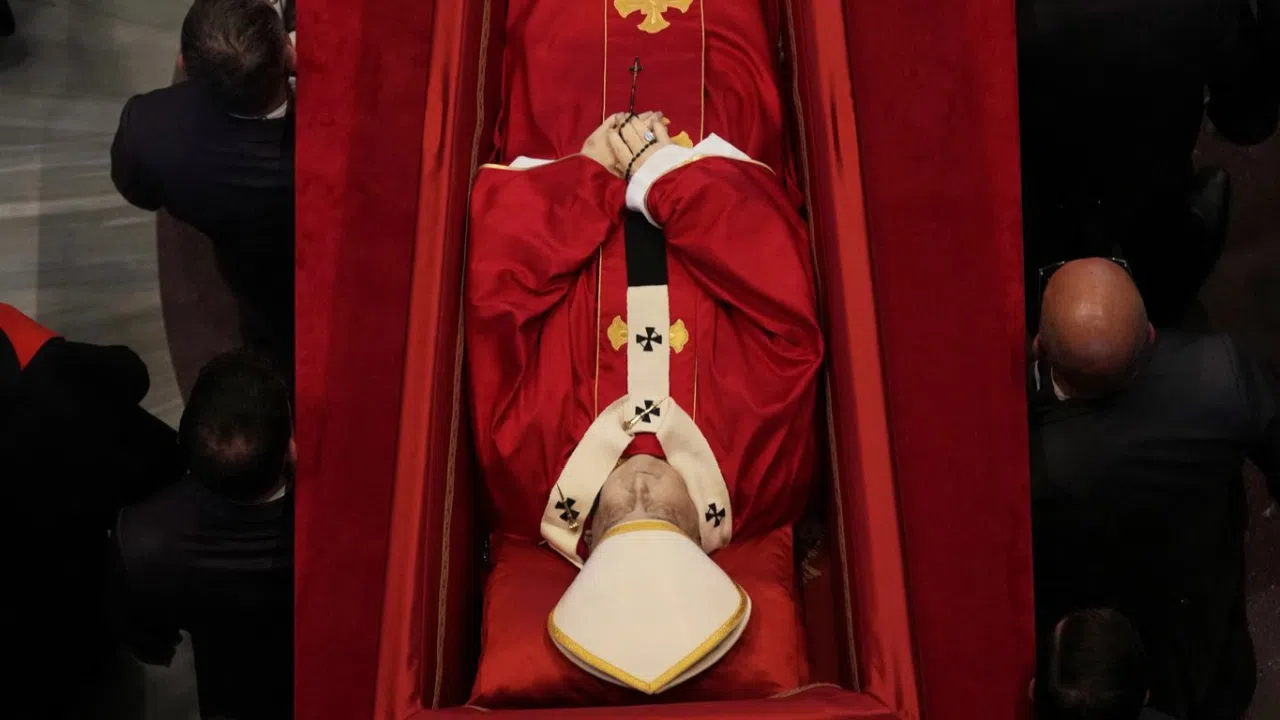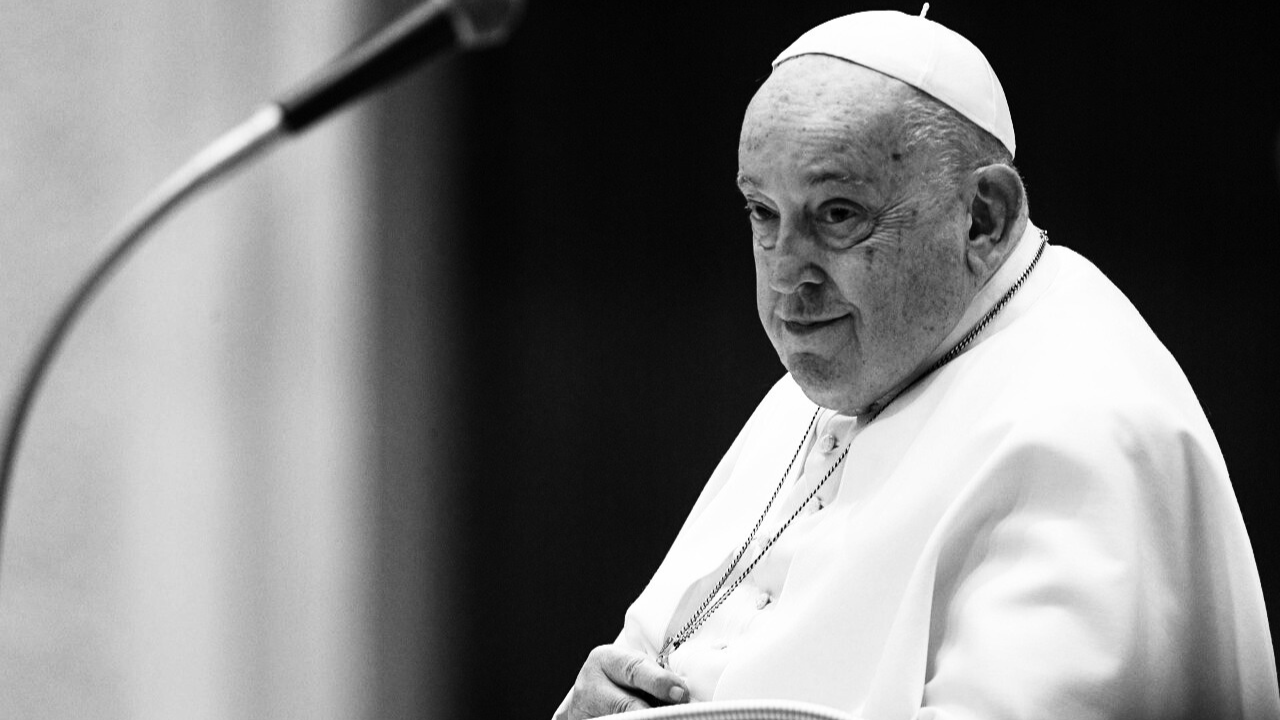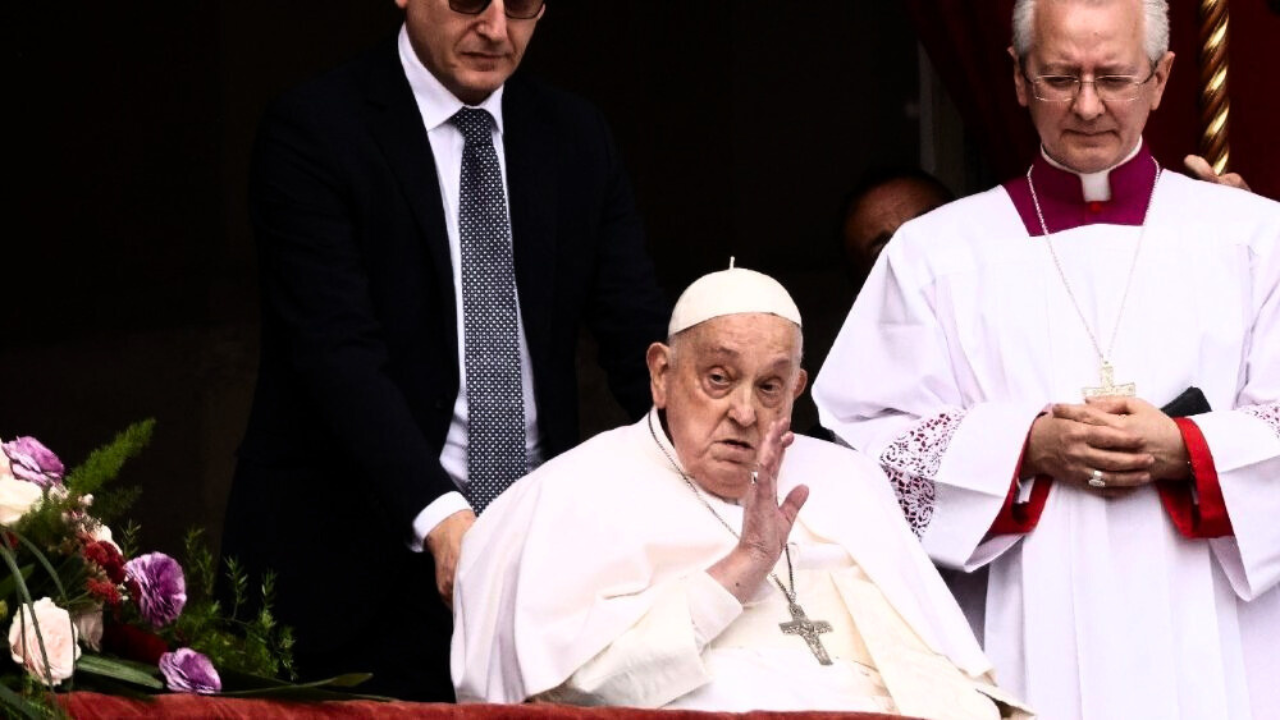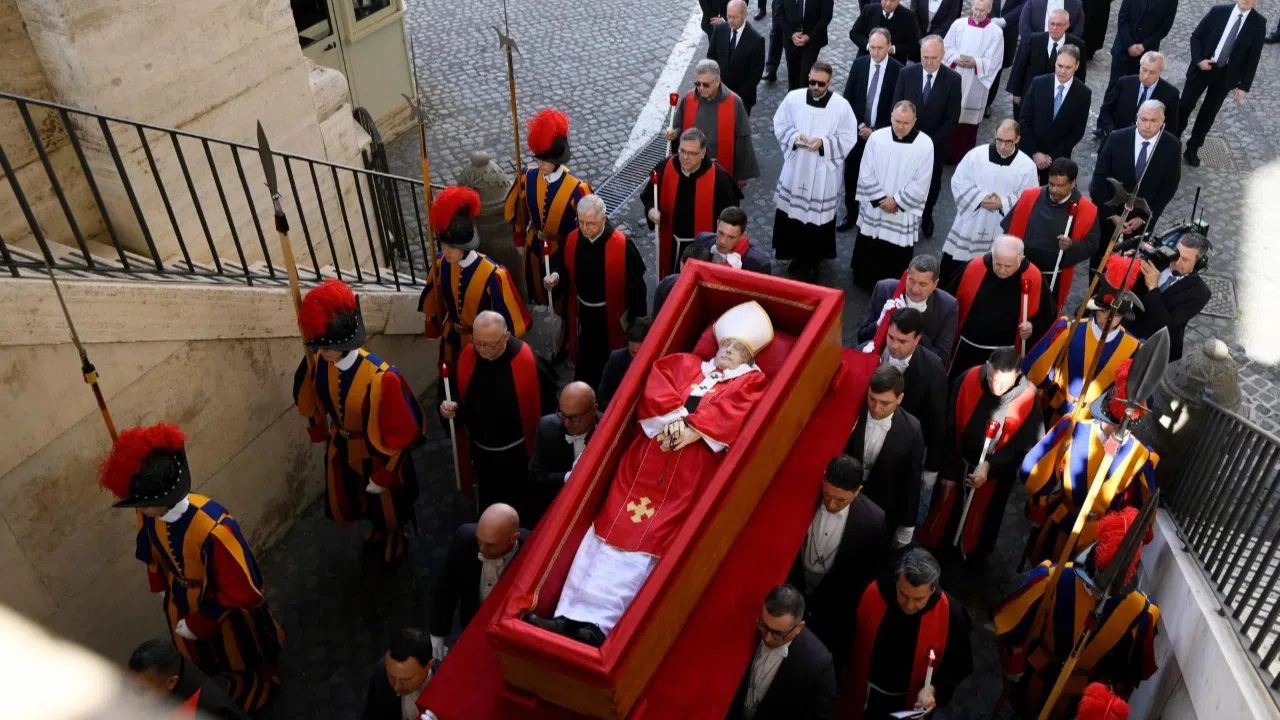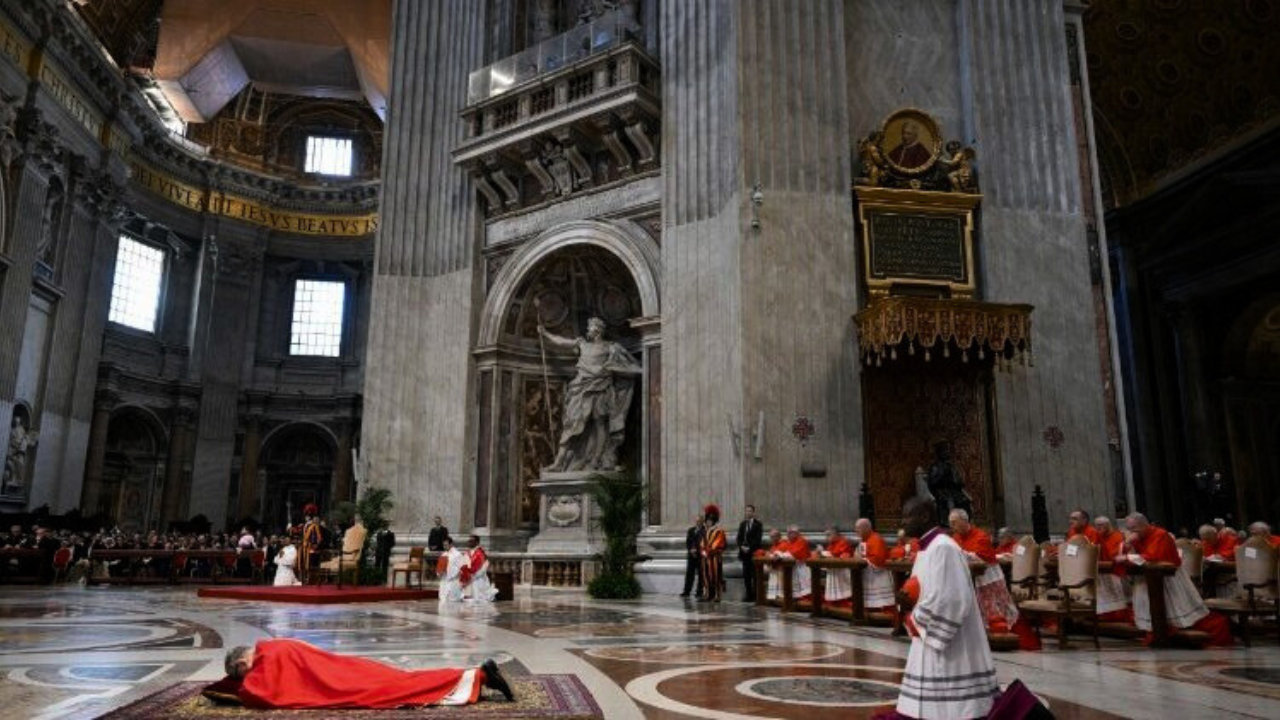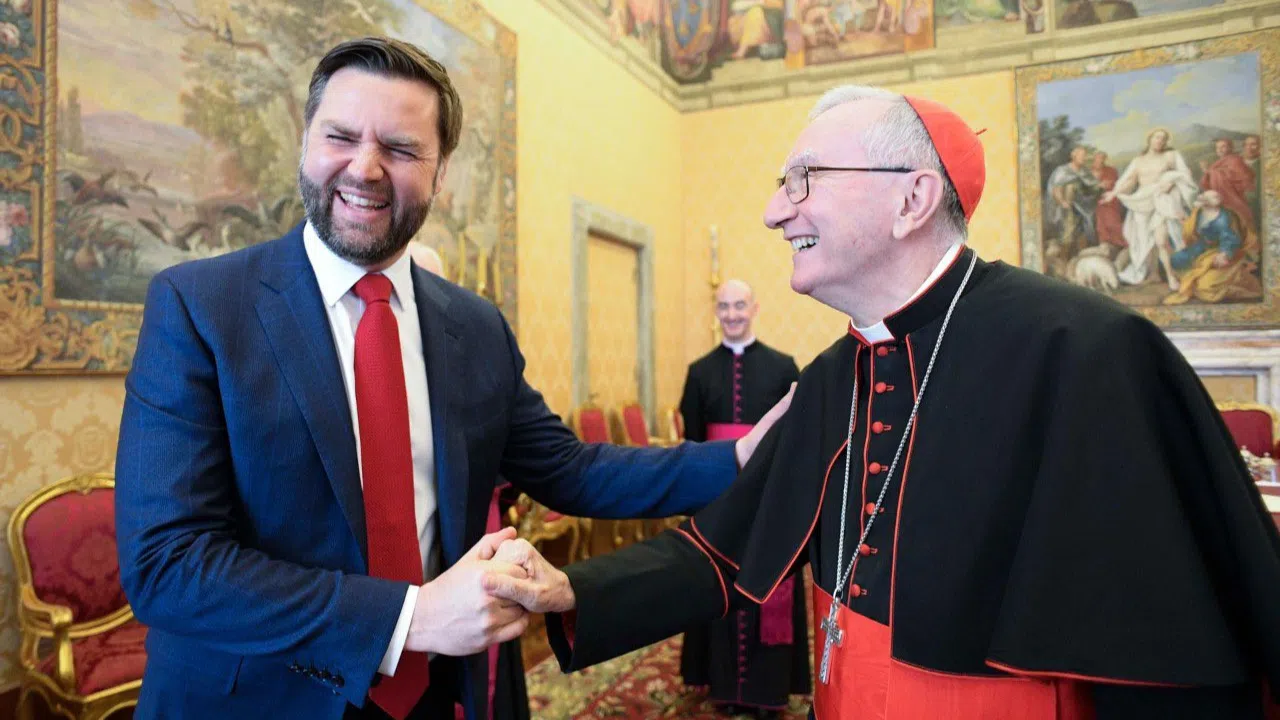Mauro Mantovani presides over the Conference of Rectors of the Roman Pontifical Universities. He is in charge of representing the rectors of these universities at an institutional level.
Mantovani is also rector of the Salesian Pontifical University; and is one of the people known best for “Veritatis Gaudium.” It is a law Pope Francis updated for the governing of universities and ecclesiastical faculties.
MAURO MANTOVANI
Conference of Rectors of the Roman Pontifical Universities
“Before 'Veritatis Gaudium' we worked according to the guidelines provided in the document 'Sapientia Christiana.' It is a text of St. John Paul II prepared for the post-Council Church. Now, 'Veritatis Gaudium' gathers these fundamental elements and places them in a dimension for evangelization. It is for a missionary Church on its way out.”
The main challenges of the pontifical universities are to improve the formation of students and collaboration between educational centers.
MAURO MANTOVANI
Conference of Rectors of the Roman Pontifical Universities
“The challenges we face are to concretize the criteria of 'Veritatis Gaudium' by offering, as the Apostolic Constitution itself says, true cultural workers sent by Providence.”
“The Christian Revelation does not take anything that is authentically human away, but instead makes it flourish and available to all”.
Professor Mantovani closely followed the pope's participation in Naples' Congress on “Veritatis Gaudium.” There Pope Francis spoke of theology and its relationship with the challenges in the Mediterranean, such as the coexistence of cultures.
MAURO MANTOVANI
Conference of Rectors of the Roman Pontifical Universities
“In Naples, Pope Francis recalled how the Mediterranean has always been a common space. He stressed that it can be a point of dialogue between religions destined to make the human family grow. It is to consider a 'we' that is more open, more inclusive, where peoples and cultures can meet.”
In Rome there are 23 pontifical academic centers. Out of these institutes and faculties seven are universities and two athenaeums.
They have about 10,000 Catholic and non-Catholic students. They study the three major disciplines, theology, philosophy and canon law. However, there are also other specialized branches such as bioethics, Sacred Scripture, communication or liturgy.
Its challenge is to be authentic forums of culture and humanism for the men and women of the 21st century.
